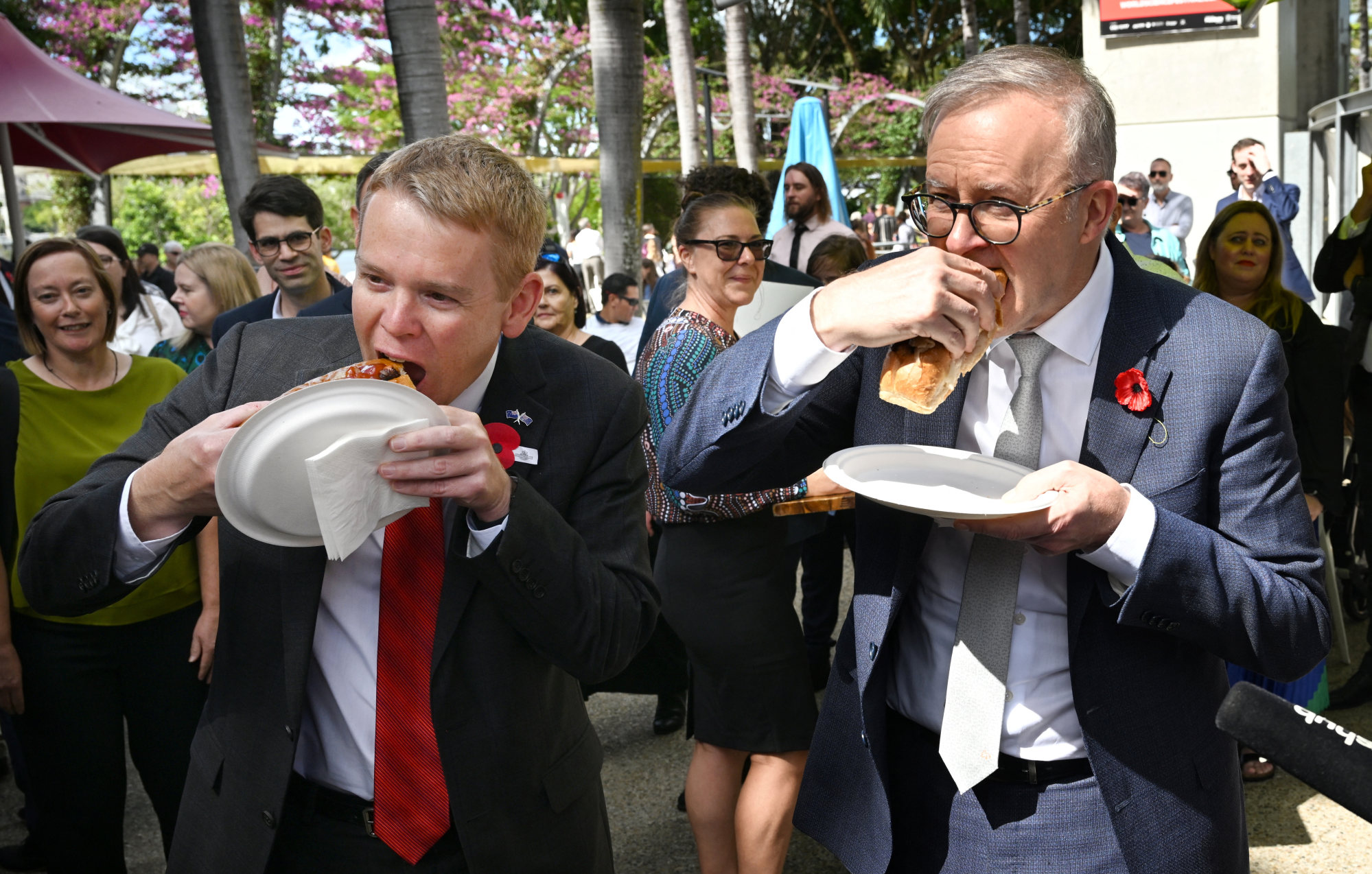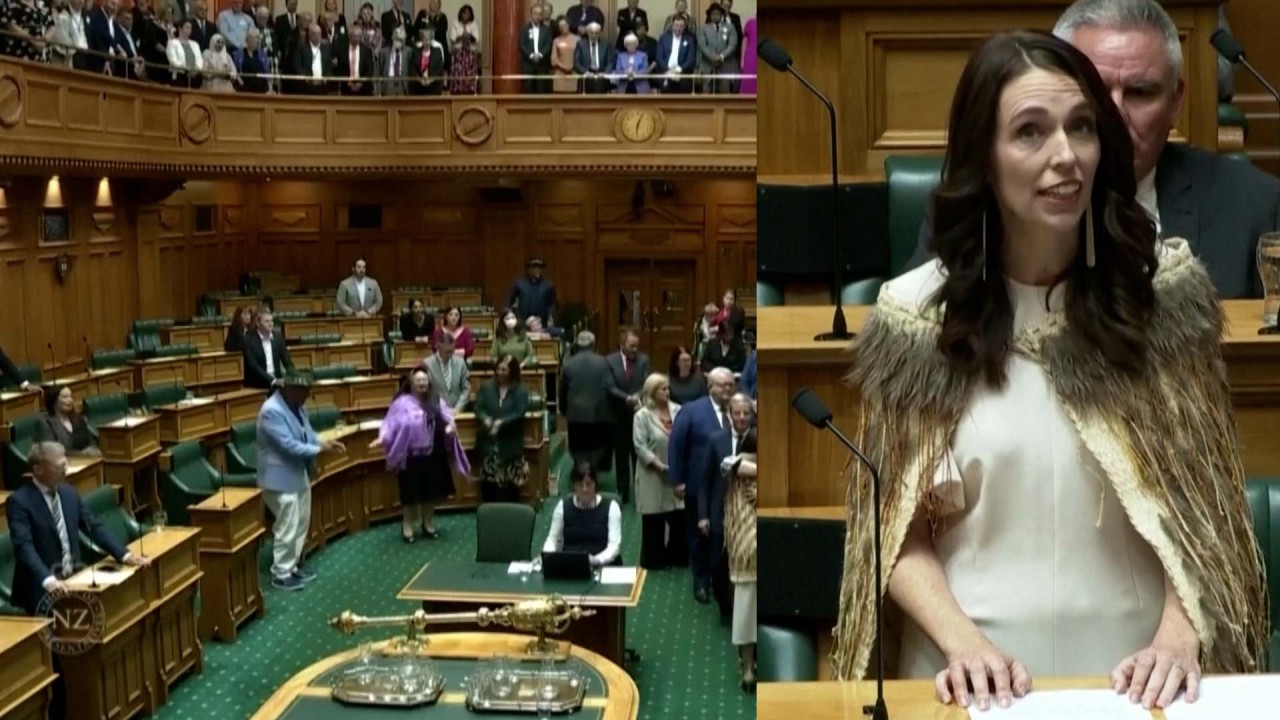
No reason to think New Zealand is shifting its position on China and Aukus
- New Prime Minister Chris Hipkins has left China off his travel itinerary despite calling a visit to Beijing a ‘high priority’ in January
- Put in context amid the demands of domestic politics, though, this is not evidence New Zealand has sided with the US against China
Geopolitical analyst Geoffrey Miller argues that Hipkins has chosen “Brisbane over Beijing”, which signals, along with other developments, that New Zealand “increasingly follows in Australia’s foreign policy footsteps”.
First, Little’s statement on Aukus seems more about testing the waters domestically to see how New Zealanders would feel being associated, even minimally, with a pact that is centred on nuclear technology. Anti-nuclear sentiments run deep in New Zealand, and popular perception will be a significant hurdle before Wellington could commit to participating in Aukus.
Second, when Hipkins’ travel schedule is contextualised, China’s omission does not seem like the glaring snub that some have claimed. His first trip abroad, last month, was to Australia, to mark 40 years of “closer economic relations” and announce a change in citizenship rules for New Zealanders living there.

Thus, New Zealand’s defence minister openly talking about Aukus participation is something one should expect in this kind of hedge as it is consistent with the nation’s security needs.
To maintain any semblance of the status quo, New Zealand has to walk a tightrope on China. This is likely to become more perilous as China-US relations continue to deteriorate.
However, so far, New Zealand has shown adeptness in hedging, managing to maintain a mature relationship with China when most other Western countries have seen relations sour with Beijing.
Furthermore, New Zealand’s independent streak, even if it is more symbolic than anything else, remains an indelible component of its envisaged international identity. Notably, Ardern used the Nato summit last year to reiterate this point, stating that New Zealand has a “fiercely held independent foreign policy” and therefore “is not here to expand our military alliances. We are here to contribute to a world that lessens the need for anyone to call on them.”
Therefore, the absence of China in Hipkins’ travel schedule does not appear to be the harbinger of change some have prophesied. One should also not forget that foreign minister Nanaia Mahuta recently returned from an official visit to China where she met key Chinese officials Wang Yi and Qin Gang.
Ultimately, it is probable that whoever is prime minister after the next general election will make a trip to China a priority for 2024, and New Zealand will keep trying to find a constructive middle ground in the Indo-Pacific.
Nicholas Ross Smith is an adjunct fellow at the University of Canterbury, New Zealand


